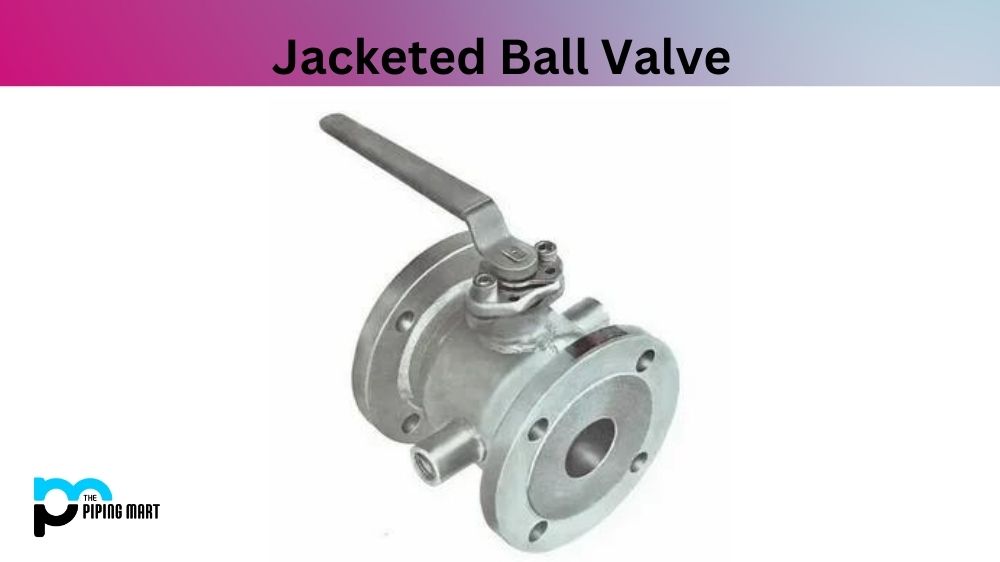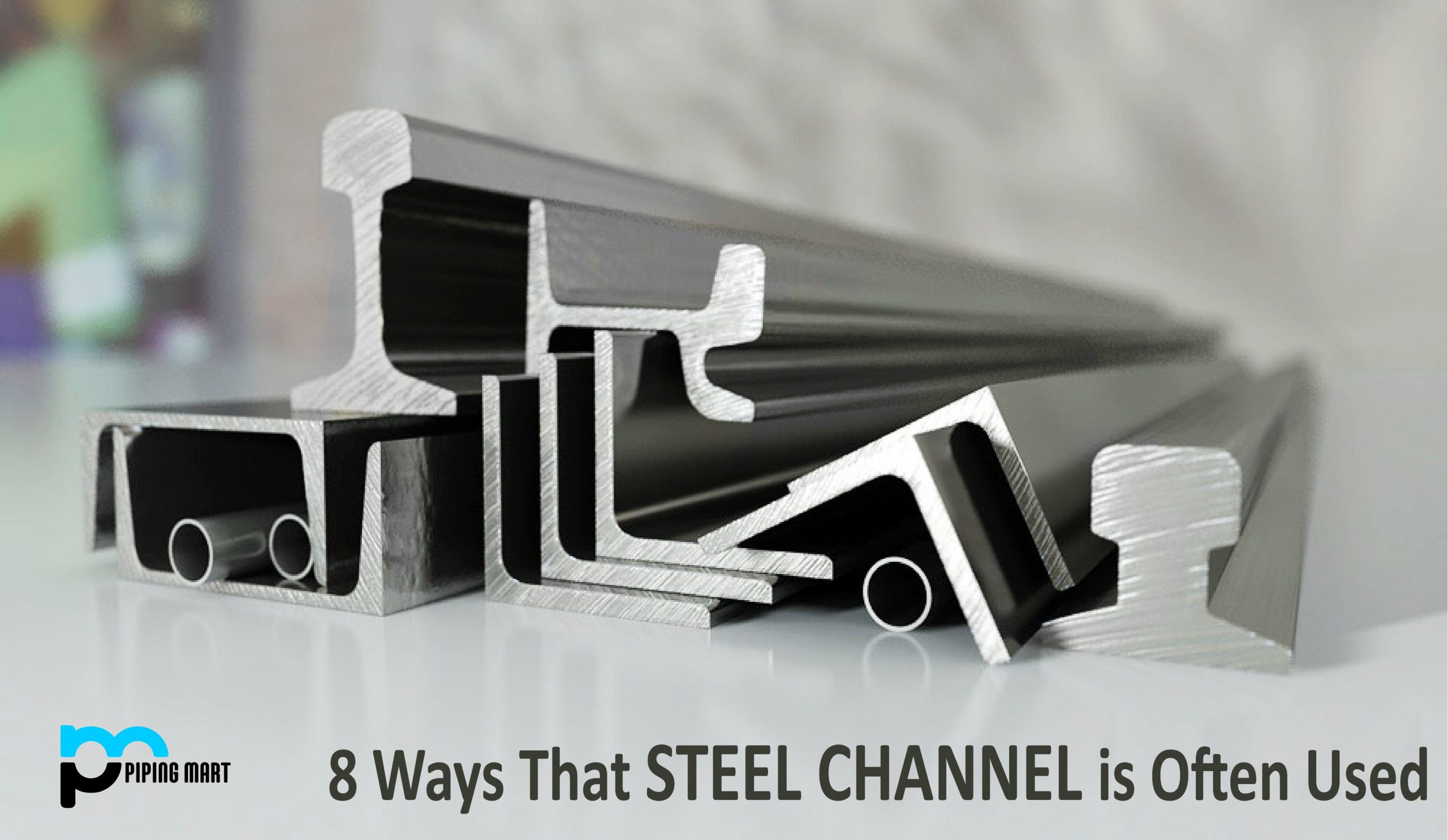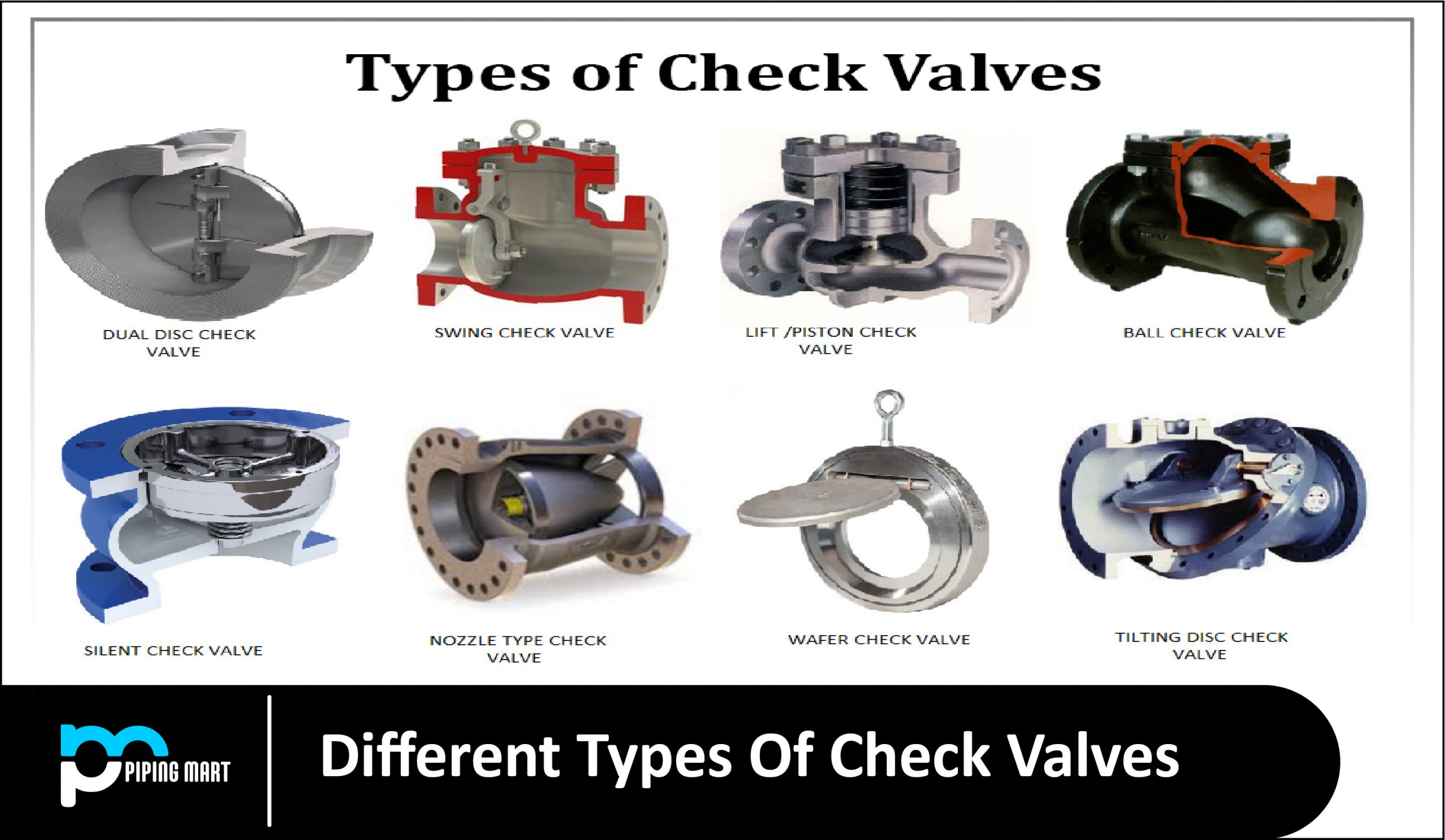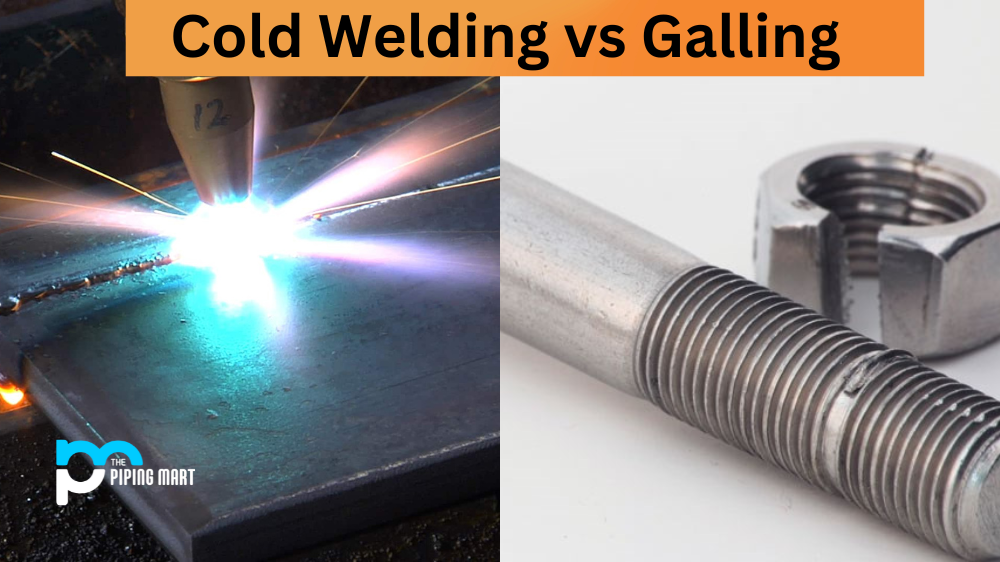Whenever industries require flowing substances under extreme temperatures, they turn to jacketed ball valves. These valves are specially designed to handle high-temperature fluids without the risk of damage. They are commonly used in chemical, pharmaceutical, and food industries to regulate flow. Jacketed ball valves are leakage-free and offer several benefits due to their unique design and materials. This blog post aims to discuss in detail the properties, uses, and applications of jacketed ball valves.
What is Jacketed Ball Valve?
A Jacketed ball valve is a specialized type of valve designed to offer improved process control and utilization of space. This valve consists of two concentric shells, with an outer shell containing the ball and an inner shell surrounding the stem. It enables high-pressure or temperature media to pass through its cavity without affecting the stem packing and rigidly maintains several different temperatures in one flow stream.
Jacketed Ball Valve Properties:
Jacketed ball valves are designed to handle high-temperature liquids without any damage. They comprise two main components: the ball and the stem, coated with Teflon, polyphenylene oxide, and other PTFE types. These materials can endure a temperature range between -50 °C to 260 °C. Jacketed ball valves are leakage-free and have a higher flow rate than conventional valves, making them an excellent choice for industries with high-temperature requirements. The valves also resist corrosion and abrasion, ensuring their durability over an extended period.
Jacketed Ball Valve Uses:
Jacketed ball valves are commonly used in chemical, pharmaceutical, food, and other industries. These valves offer several benefits for manufacturers. For example, jacketed ball valves control flow for high-temperature fluids like oils, fats, and syrups in the food processing industry. In the pharmaceutical industry, these valves are used for immune therapy, microbiology, and vaccine production. These valves are also used in refineries, power stations, and other industrial applications requiring high-temperature liquids.
Jacketed Ball Valve Applications:
Jacketed ball valves have a wide range of applications in various industries that require regulating high-temperature liquids. These valves are used in pharmaceuticals to manufacture vaccines, biologics, and other sterile products. They are used in the food processing industry to regulate the flow of hot fluids. Jacketed ball valves are used in power plants to control heating and cooling fluids. They are popular in chemical plants and refineries to regulate liquid flow in harsh, corrosive environments.
How to use Jacketed Ball Valve
Jacketed ball valves are easy to use, but observing safety requirements is paramount. Ensure the temperature of the valve doesn’t exceed the maximum temperature specified by the manufacturer. This helps prevent the valve’s wear and tear and ensures the safety of the manufacturer and equipment. Always ensure the valve is installed correctly and the pipes are securely fastened. The integrity of the pipelines will prevent leakage or spillage of the high-temperature liquids. Also, ensure that the specified torque is adhered to when operating the valve.
Conclusion:
Jacketed ball valves have unique properties that make them suitable for industries that require the regulation of high-temperature fluids. They are durable, corrosion-resistant, and provide a higher flow rate than standard valves. These valves are widely used in the pharmaceutical, chemical, and food processing industries for their leakage-free and high-temperature handling properties. When using jacketed ball valves, it is essential to follow all safety precautions and guidelines to ensure people’s and equipment’s safety. Industries requiring high-temperature fluids should consider using them to improve efficiency, safety, and regulation.

Pipingmart is a B2B portal that specializes in metal, industrial and piping items. Additionally, we share the latest information and information about materials, products and various types of grades to assist businesses that are involved in this business.




